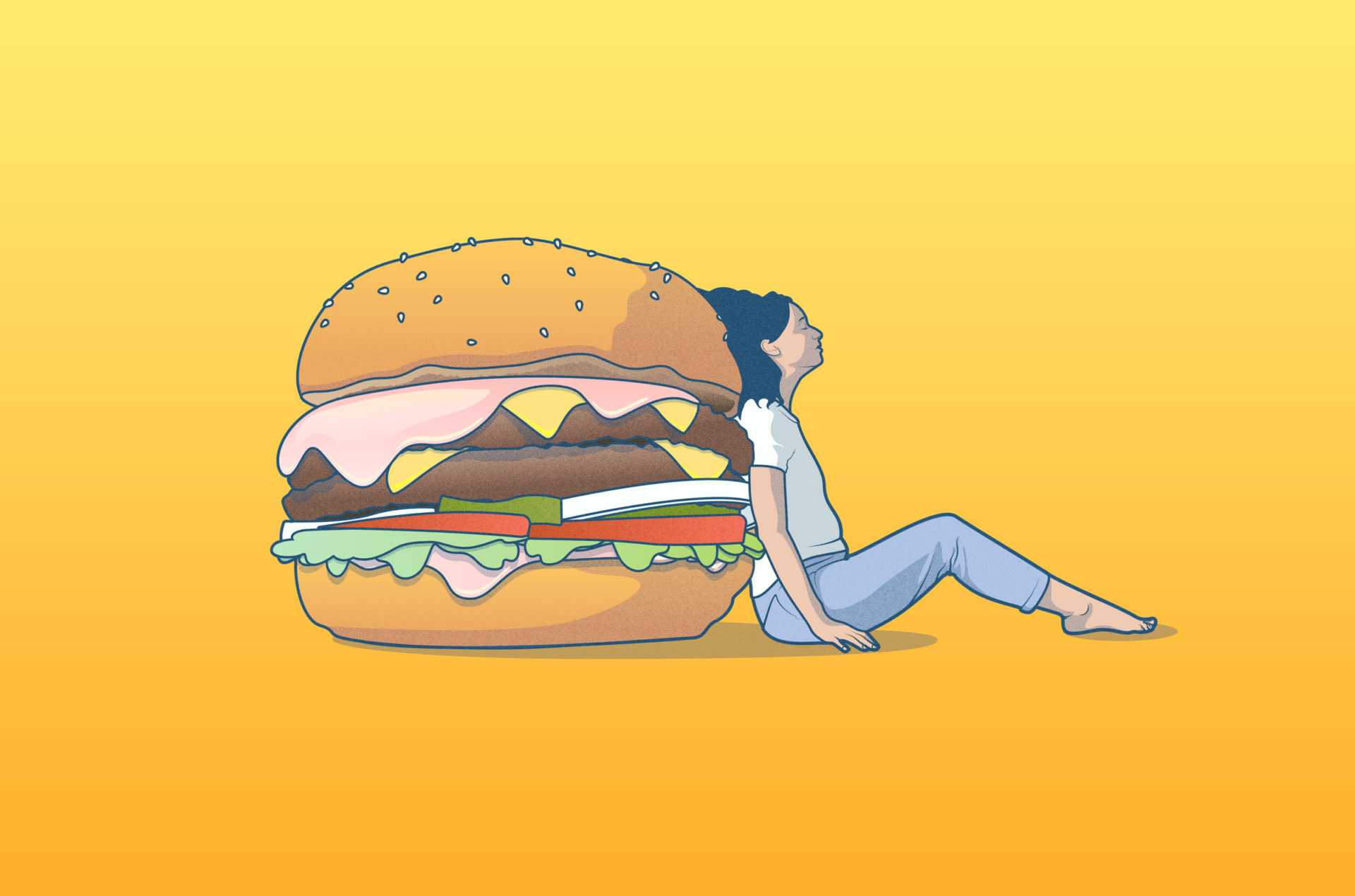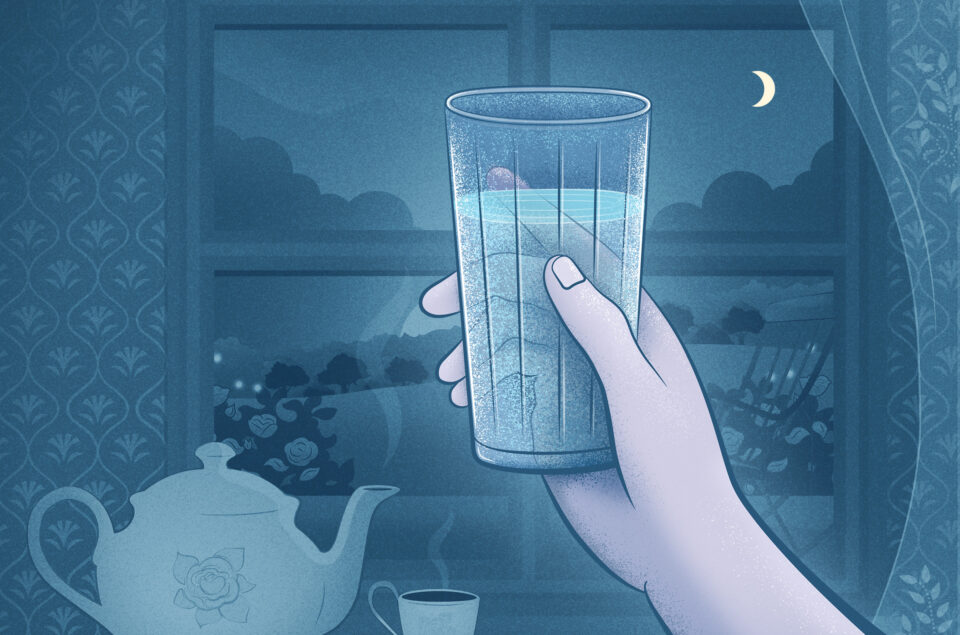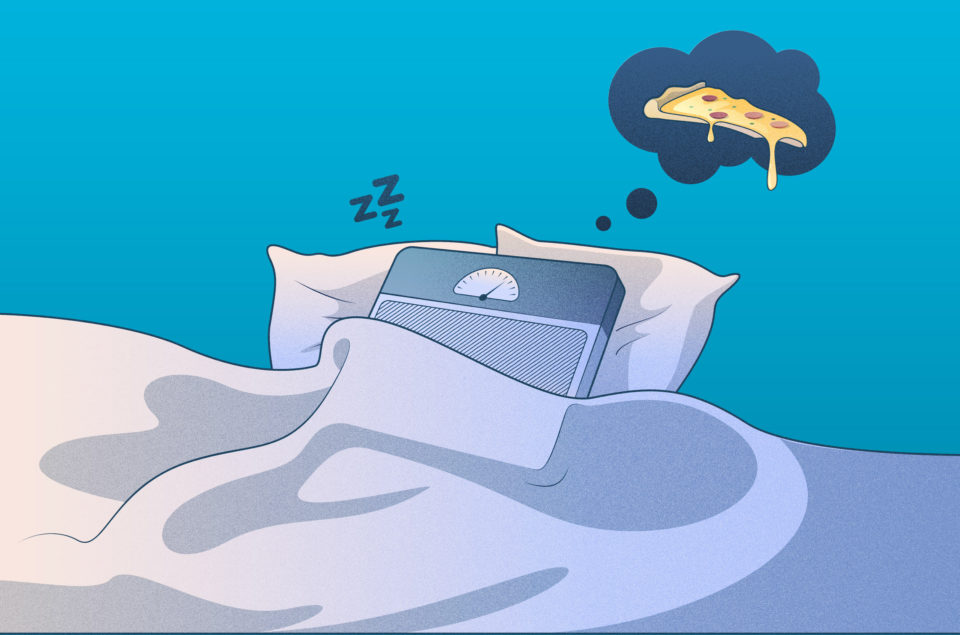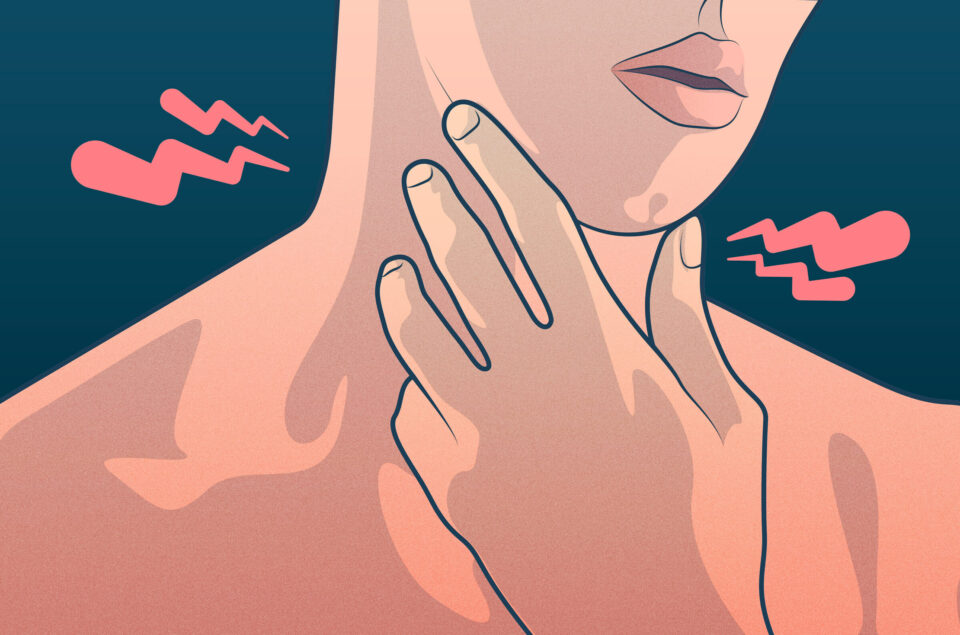Certain foods have been speculated to fight insomnia and provide a better quality of sleep. You may have experienced the tired feeling after eating turkey, or the strange urge to nap after eating a handful of almonds. Without even realizing it – you may have been priming your body for better sleep.
As people seek longer and better-quality sleep, they can end up on the path of natural solutions – such as food. We’ll be covering several different foods for better sleep that have been studied and shown to have some positive impact on sleep. And, we’ll be digging deeper into the foods you could do well in avoiding for better sleep.
9 foods for better sleep
In order for us to understand why certain foods may have a positive impact on our sleep, we should know that there are specific nutrients, amino acids, chemicals, and enzymes that all play a role in the regulation and quality of our sleep. From the hormone ‘melatonin’ which helps regulate our internal clock and prepare the body for sleep to the amino acid ‘tryptophan’ which has been shown to help produce more melatonin.
Many foods may contain low doses of these various combinations of nutrients, amino acids, and more, while other foods may contain higher concentrations. Taking into account their composition of nutrients – we’ve compiled a list of foods that have a reputation to help with the onset of sleep, as have been studied and speculated to help fight insomnia and improve sleep quality.
Almonds
A natural source of melatonin, these nuts are speculated to improve sleep quality. As stated earlier, melatonin regulates your internal clock and prepares your body for sleep. Almonds also contain magnesium. Magnesium has been shown to reduce inflammation and it may help reduce cortisol (the stress hormone), both factors are believed to help improve sleep quality.
Turkey
Turkey contains the amino acid tryptophan. As stated earlier – tryptophan has been shown to produce more melatonin. There’s also evidence that ingesting moderate amounts of protein before bed can help prevent people from waking up in the middle of the night. However, this may be because protein is made up of amino acids – including tryptophan.
Chamomile
Chamomile contains an antioxidant called apigenin. Apigenin binds to certain receptors within the brain that promote sleepiness and reduce insomnia. In a study done with 60 elderly people aged 60 or more, one group was given chamomile extract while the control group was not. The group that was given the chamomile saw a significant improvement in sleep quality compared to the control group.
Kiwi
Rich in serotonin (the brain chemical that helps regulate sleep) – kiwi is hypothesized to promote sleep. It also contains anti-inflammatory antioxidants like Vitamin C and carotenoids that could also help promote sleep.
Walnuts
Melatonin and the fatty acid makeup of walnuts may be why it’s believed to help with sleep. Walnuts provide an omega fatty acid called alpha-linolenic acid (ALA) that’s been shown to convert into DHA in the body. Serotonin may be increased due to DHA.
Fatty Fish
Fish such as trout, mackerel, tuna, and salmon all contain high amounts of Vitamin D and omega-3 fatty acids which have both been shown to increase the production of serotonin.
Tart Cherry Juice
High amounts of melatonin are shown to be in tart cherry juice. In one study – adults with insomnia drank tart cherry juice twice a day for two weeks. They reported a better quality of sleep and stated they slept 84 minutes longer than they normally would if they weren’t drinking the juice.
Warm Milk
People speculate the only reason warm milk has sleep-inducing effects is because of the routine and childhood memories associated with it. However, it does have four sleep-promoting compounds including melatonin, calcium, vitamin d, and tryptophan. In a study done with people in a hospital’s health unit, the people who drank warm milk and honey noticed an improvement in sleep.
Bananas and Oatmeal
Banana peels contain tryptophan and the fruit itself has magnesium – both components may help promote better sleep. Oatmeal has been shown to contain melatonin.
The notion of food to help facilitate sleep isn’t new. We know that some of these foods and liquids have been used throughout history as natural sleep remedies. It’s only as of recent in the middle of the 19th century that sleep has become a subject of experimentation.
The bottom line – although these foods contain certain sleep-promoting nutrients, amino acids, enzymes, and chemicals that help with sleep, further research is needed – it’s not to be taken as the final verdict. However, if you do enjoy these foods go ahead and eat them because they may help in your ability to have a better night’s sleep and deal with insomnia.
Being mindful of your diet
Your sleep quality is believed to be affected by many factors, some of which you have no control over such as your age. This is why being aware of your diet could be beneficial in improving your sleep quality and helping with insomnia. We know sleep is important as it restores energy, improves memory, and overall health and well-being. With that being said, our diet is one aspect that we do have control over – this is why despite there not being extensive conclusive studies between diet and sleep, it would be smart to be mindful about it.
We know that there are many functions happening in our body that affect sleep such as neurotransmitters like serotonin and cortisol, so it stands to reason – we should try to be more aware of the foods we eat. However, what about foods that may have a negative impact? If we want to take control of our diet in hopes of helping improve our sleep quality, we should also be mindful of the foods that could potentially negatively impact our sleep. Although, the list isn’t exhaustive – being mindful and avoiding these foods in general and before bed could potentially give you an even better chance at improving your sleep quality.
6 foods to avoid for better sleep
We’ve covered the foods that may help with sleep but what about foods to avoid for better sleep? From foods that affect the central nervous system to foods that worsen heartburn and acid reflux. We’ll examine several different foods to avoid if you want better sleep.
Caffeinated foods
Caffeine is not only found in coffee – it can be found in chocolate, foods with the kola nut as an ingredient, and many more. Caffeine is a central nervous system stimulant which means it increases the levels of certain brain chemicals, which impact alertness, energy, and attention. It also increases your heart and breathing rate as well as your blood pressure. All aspects are associated with a lesser quality of sleep and insomnia.
Spicy foods
Indigestion, acid reflux, and heartburn are all symptoms that can be caused by eating spicy foods. When you lie down these symptoms can worsen as the acid can travel and cause irritation in your esophagus. All three symptoms could cause irritability when you’re trying to sleep, leading to insomnia and low quality of sleep. Spicy foods have also been linked to increased body temperature which has also been shown to cause poorer sleep.
Fatty foods
Diets high in saturated, trans, and total fat have been shown to have a negative effect on sleep. This could be because your digestive tract slows down when you sleep, so having a high-fat meal before bed may overwhelm your digestive system. Fatty foods have also been shown to accelerate symptoms of acid reflux. In a study conducted with over 15,000 men, it was concluded that those with insomnia had diets higher in trans fat than those without.
High glycemic index foods (GI)
One study done with data from over 77,000 women found that those who had a high GI diet were more likely to have insomnia within a 3-year follow-up period. Foods with a high GI cause spikes and drops in blood sugar levels. This can cause a release of hormones such as the growth hormone, adrenaline, and cortisol (the stress hormone). This may contribute to the reason high GI foods negatively impact your sleep.
Ultra-processed foods
High ultra-processed food diets consisting of pre-packaged and fast food meals have been shown to cause poorer quality of sleep and length. This may be because of the composition of these foods as ultra-processed foods contain trans and saturated fats, added sugar, and refined carbs. Additionally, this type of diet can lead to weight gain. Studies show that those who are overweight or obese suffer from varying sleep problems, such as sleep apnea.
Alcohol
A study on alcohol consumption linked it to causing poor sleep and a shorter duration of sleep. Although it may reduce the amount of time it takes to fall asleep, it causes sleep disturbances during the night leading to a restless and poorer quality of sleep.
Diet and how it affects your sleep
There’s always been speculation about the links between diet and sleep, but only as of recent, have actual studies taken place in order to test the theories between diet and its effects on sleep. From the release of hormones to the stimulus of your central nervous system. To allow yourself the best opportunity for good high-quality sleep it’s important to be mindful of the foods we not only consume throughout the day but also before we sleep. Understanding how your body reacts to certain nutrients, hormones, enzymes and amino acids and knowing the foods that you can indulge in or those that are best avoided may give you the best chance for better sleep. The fact that we benefit from higher quality sleep, is something we all can agree on!
Check how your diet affects your sleep quality. Try Sleep Cycle for free.










